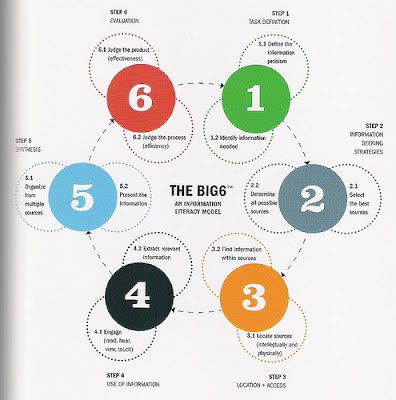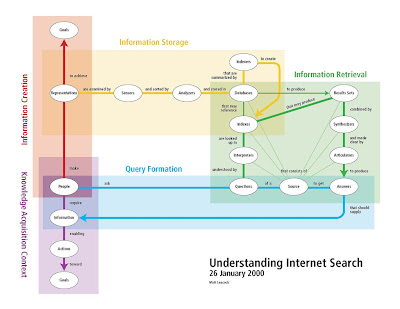How to get ideas
1. Just ask
Ask your people to come to their regular department meetings with one small idea that will make their work easier or improve the company in some way and that will not require permission from above or significant resources to implement. Have each person present his or her idea and ask the group to discuss it and build on it. If an idea is worthwhile, agree on who will implement it.
2. Offer lunch
Bring in pizza ( or whatever food is appropriate ) and collect and discuss your employees' ideas over an extended lunch. Hold the lunch off-site, if more appropriate. Such a lunch can become a regular activity.
3. When change occurs, ask for ideas
Whenever major change occurs or is anticipated, encourage your group to be on the lookout for the new problems and opportunities created by this change and to offer ideas to address them.
4. Look for that bigger problem or opportunity in a small idea
When an idea comes in that might have broader implications, explore them. Together with your people, identify the larger issues involved and decide what can be done to address them.
5. Work on reluctant participants
When a person is not offering any ideas, talk to him or her and find out why. Encourage and help this person until he or she feels comfortable and confident about giving in ideas.
Source:
Alan Robinson & Dean Schroeder
Page 58
ISBN: 9781576752821





